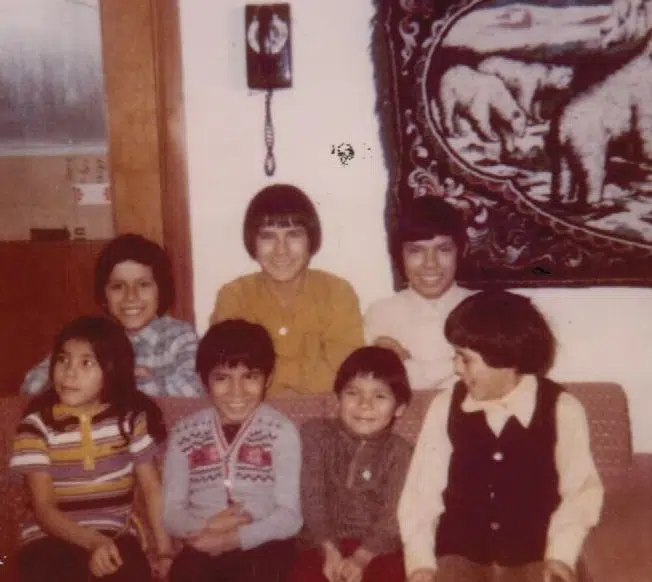
’60s Scoop survivors reflect on provincial apology
Two survivors of the ’60s Scoop with a strong connection to Prince Albert, shared their thoughts on the formal apology by the government this week.
Premier Scott Moe issued the apology Monday regarding the government’s role in the forced removal of Indigenous children from their homes over a plus-two decade period from the 1960s through the 1980s. An estimated 20,000 children across Canada were placed in the foster care of non-Indigenous homes.
“We failed the survivors we heard from in the sharing circles, and so many others. We failed their families. We failed their communities. We failed,” Moe told the crowd gathered in the rotunda of the legislature.
“On behalf of the Government of Saskatchewan, on behalf of the people of Saskatchewan, I stand before you today to apologize; to say sorry,” he said.


